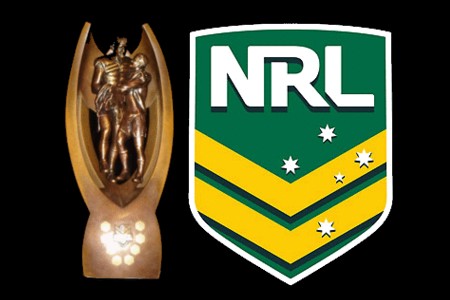This week we have seen a media backlash against the game in regards to access to players and coaches. In some ways it is understandable. I’ve talked before about the almost paranoid stance the game takes to the media at times, mostly driven by coaches.
A lot has been written about Darius Boyd over this time and the way he handles himself in front of the media. I’ve written before about Boyd’s relationship with the media and I’m not sure why anyone expected anything different from him this time around. I personally believe Boyd only hurts himself when he fronts the media. No doubt it makes him less attractive to sponsors and his career earning will take a hit because of it.
Darius Boyd has every right to make that choice. We live in a free country, we can’t force people to talk to the media if they don’t want to talk to!
The relationship between players, coaches and the media isn’t exactly black and white. It is however built on a foundation that should be pretty easy to follow.
The game gives content for media outlets to use. The media outlets take this content and distrubute it throughout their various publications. They make money from this content and in return the game gets a level of free advertising.
The next level of this relationship is the way the media monitors the game and makes it accountable to the masses. This is a good thing. This is something Rugby League needs. There have been many times over the last ten years that the media has exposed failings in the game that needed to be addresses. In many of these cases the NRL was forced to make changes simply because of public pressure thanks to the exposure the media gave to an issues.
We need this sort of thing in our game. We need someone to watch from afar and keep the game in check.
Then we have the unfortunate icing on the cake. That is when we see the media looking for cheap headlines, going out of its way to embarrass people in the game, and in some cases focusing on the private lives of players and coaches.
In 2013 Australian media is driven by tabloid journalism. We see it every single day. Ridiculous headlines, taking quotes out of context, rumour peddling and fake exclusives. Where once a journalist might have had a few days or even weeks to work on a really good story, now they have a few hours to come up with something juicy that will make headlines and get hits on web sites.
This is the environment that Rugby League players and coaches live in every single day.
It is easy to deride players and coaches who refuse to talk to the media, but ask yourself this. How many times would you need to be burnt by the media to cut them out for good? How many misquotes or sensational headlines would you need to read before you stopped providing the media with the content they used to crucify you? How would you feel being asked a question by a journalist that has previously screwed you over?
I know personally, it would take one single event and I’d be done. Like Darius Boyd, I would be happy to forego extra career earning to never have to talk to the media again.
This type of attitude horrifies media types because at the end of the day they need the content that players and coaches provide them to make a living. What gets lost though is the responcibility these same journalist and content gatherers have to the person providing them with that content.
There was once a time when fans needed to go to television and newspapers to get an insight into what was happening at their clubs. Now, clubs can provide far more media content to fans through web sites and social media outlets than the media itself could ever hope to carry. This has seen publications struggle and the media landscape change, and in some ways it is responcible for the outrageous tabloid media we now are bombarded with every single day.
In 2013, Rugby League players have never been more exposed to the public. Through social media, they can talk directly to fans. If you get a Rugby League player or coach in an environment they feel comfortable in and trust they are not going to be ambushed, they will talk all day about the game. On Fox Sports NRL 360 this year we have seen Craig Bellamy, Tim Sheens and Michael Maguire open up about all sorts of issues in the game and with their teams. Why? Because they knew they are talking directly with fans. There was no middle man to interperate their opinions and then push a line out through snippets of quotes in a newspaper article.
We will always need an element of the media to keep watch over the game, but the personal stuff, the tabloid journalism, that is the reason why players and coaches are cutting out some sections of the media and making themselves open to other, more direct media outlets. That is the story you won’t read in the newspapers or in magazines. That is the reason why the door is closing on the old media outlets.
In 2013, Rugby League needs the content hungry middle man less than it ever has before.










